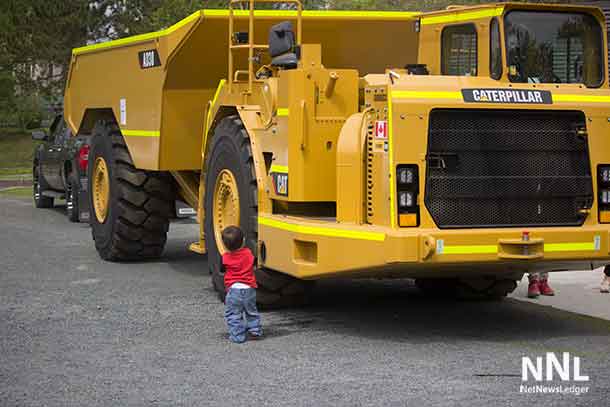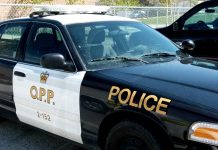New Legislation Aims to Limit Illicit Drug Use in Public Spaces, Sparking Controversy and Discussions on Addiction Support
VANCOUVER – NEWS – In a significant policy reversal, British Columbia has announced stringent measures to curtail illicit drug use in public spaces after facing criticism from various municipalities. The newly proposed legislation, if passed, will prohibit drug consumption in areas such as parks, beaches, sports fields, within a six-meter radius of building entrances, and near bus stops. Police officers will be empowered to instruct individuals using drugs in these zones to cease their activities. Non-compliance could lead to substance seizure and arrest.
Background: Decriminalization Pilot Project and Municipal Response
Earlier this year, British Columbia initiated a three-year pilot project, starting in late January, to decriminalize the possession of up to 2.5 grams of illicit drugs, including substances like fentanyl, cocaine, methamphetamine, and MDMA. The primary objective was to reduce the stigma associated with addiction and encourage individuals to seek help from available services. However, the project has met with challenges, with municipalities expressing their lack of preparedness to adapt to the policy shift. Consequently, several local authorities implemented their own bylaws, prohibiting public drug use.
Striking a Balance: Overcoming Addiction Challenges
While the debate over drug policy continues, the focus on addiction support and rehabilitation remains paramount. Overcoming addiction is a complex journey, and individuals struggling with substance abuse require comprehensive assistance. Here are some tips on overcoming addiction:
- Seek Professional Help: Reach out to addiction counsellors, therapists, or support groups that specialize in substance abuse. Professional guidance is crucial in understanding the root causes and developing coping strategies.
- Build a Supportive Network: Surround yourself with friends and family who encourage your recovery journey. Emotional support can make a significant difference.
- Consider Therapy: Cognitive Behavioural Therapy (CBT) and other therapeutic approaches can help individuals understand their patterns of behaviour and develop healthier habits.
- Explore Safe Injection Sites: Safe injection sites, where individuals can use drugs under medical supervision, have been implemented in various places. These sites aim to reduce harm, prevent overdoses, and connect users with healthcare services.
Safe Injection Sites: Pros and Cons
Positives:
- Medical Supervision: Trained healthcare professionals oversee drug consumption, ensuring immediate assistance in case of overdoses.
- Access to Services: Users are connected with healthcare, counselling, and rehabilitation services, increasing the likelihood of recovery.
- Reduced Public Nuisance: Safe injection sites help mitigate public drug use, making public spaces safer for everyone.
Negatives:
- Controversy: Safe injection sites often face opposition from communities, with concerns about encouraging drug use and attracting criminal activity.
- Limited Resources: Establishing and maintaining safe injection sites require significant resources, which could be a point of contention for some communities.
- Long-term Solutions: While safe injection sites address immediate concerns, they might not provide long-term solutions to addiction, necessitating a more comprehensive approach.
As British Columbia grapples with the challenges of drug policy reform, the conversation continues on finding a balance between strict regulations and compassionate support for individuals battling addiction. The focus remains on guiding those in need toward recovery, while addressing the concerns of communities impacted by public drug use.







